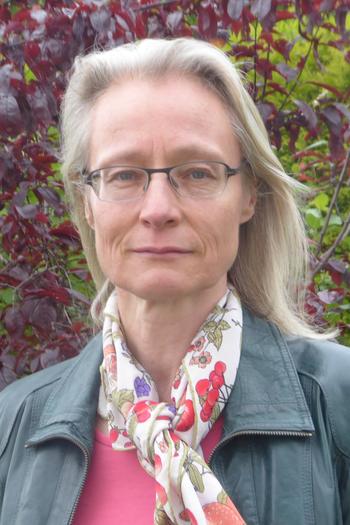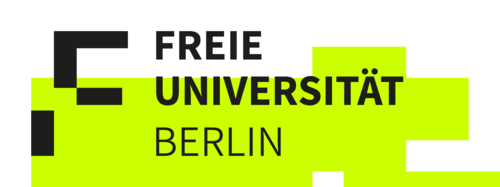Ursula Renz

Fellow, Universität Graz
History of philosophy (Early Modern Philosophy, Kant, German Neo-Kantianism, History of Analytic Philosophy), Epistemology (Self-Knowledge), Philosophy of Mind (Emotions)
I am Professor of Philosophy at the University of Graz, speaker of the history of philosophy section and director of the Alexius-Meinong-Institute. My research turns on figures in early modern philosophy (Descartes, Hobbes, Spinoza, Shaftesbury), Kant, and late nineteenth/early twentieth century (Cohen, Natorp, Cassirer, Brentano). My systematic interests focus on the concept of self-knowledge, judgement and the way in which someone’s lacking the concept of knowledge may distort his ability to see his proper place in the world.
During my time as a Fellow of the Human Abilities project, I will work on a book manuscript on Self-Knowledge as a Personal Achievement where I discuss ideal self-knowledge, or the notion that self-knowledge can be improved or perfectionated during people’s lifetime. I am not interested in the first place to defend it as a moral advise that we should strive for better self-knowledge. Instead, I just want to elaborate on the conditions we must accept, if we the idea that self-knowledge can be improved and that some people have more accurate self-knowledge than others is a meaningful ideal. In terms of the Human Ability project, what I want to do, in a nutshell, is this: rather than regarding self-knowledge itself, I want consider our capacity to improve self-knowledge as an essential human ability.



